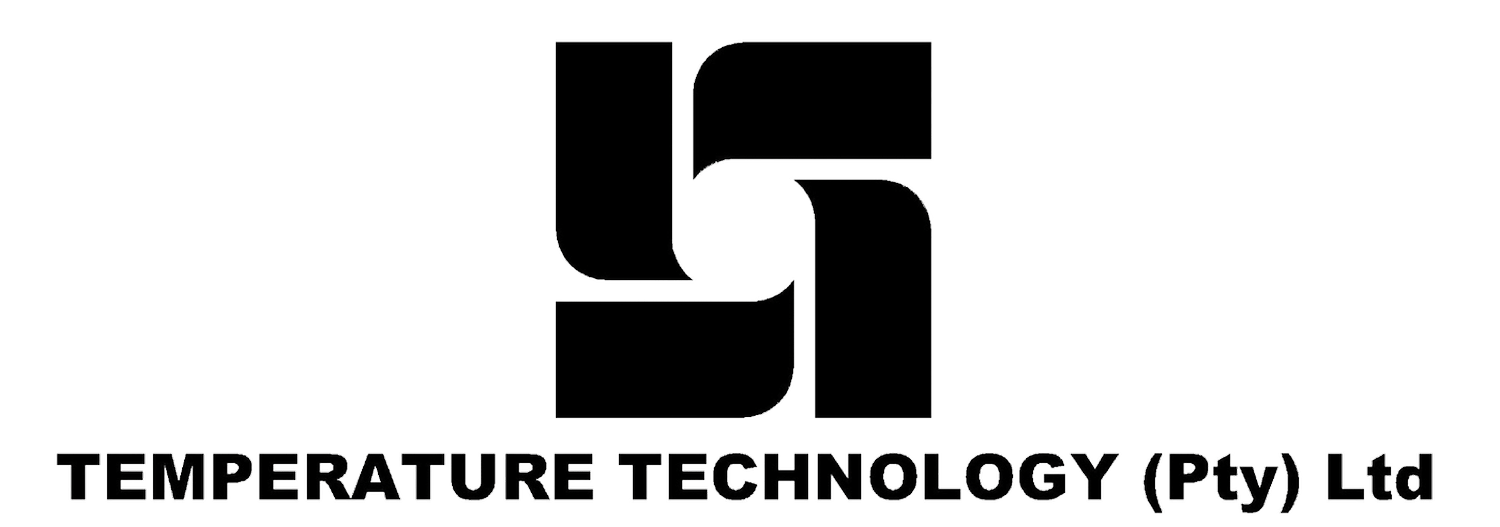Local HVAC Standards and Regulations: A Comprehensive Guide for South Africa
Ensuring optimal indoor air quality and thermal comfort in South African residential and commercial spaces is vital. HVAC systems, integral to this goal, must adhere to both national and international standards and regulations. This extended guide delves into the detailed regulations and standards governing the HVAC industry in South Africa, highlighting the importance of compliance for safety, efficiency, and sustainability.
SANS (South African National Standards) Regulations:
SANS 10400-T - Environmental Sustainability: This standard outlines the requirements for energy usage in buildings, focusing on HVAC systems' contribution to environmental sustainability.
SANS 10139 - Air Conditioning Systems: Details the design, installation, and application guidelines for air conditioning systems, ensuring they meet safety, performance, and energy efficiency criteria.
The Pressure Equipment Regulations (PER):
Under the Occupational Health and Safety Act, 1993, these regulations set standards for pressure equipment, essential for HVAC systems operating under pressure. This includes requirements for design, manufacture, operation, and maintenance to prevent accidents and ensure safety.
Refrigerant Regulations:
South Africa's commitment to reducing ozone-depleting substances includes a shift in the refrigerants used in HVAC systems.
The Montreal Protocol, as adopted by South Africa, mandates the gradual elimination of harmful refrigerants, impacting the selection and use of refrigerants in new and existing HVAC systems.
Energy Performance Certificates (EPCs):
EPCs, required for commercial buildings being sold or rented, assess a building's energy performance, directly influenced by its HVAC systems. These certificates encourage the installation of energy-efficient HVAC systems.
Compulsory Specifications:
Enforced by the NRCS, these specifications ensure HVAC products meet safety, health, and environmental standards, including aspects like material quality, design, and operational safety.
Qualifications & Training:
Professional training and qualifications are mandatory for HVAC technicians in South Africa. Certifications from accredited institutions ensure that technicians are skilled in the latest technologies and compliant with current regulations.
Maintenance & Inspection:
Regularly scheduled maintenance and inspections are crucial for the longevity and efficiency of HVAC systems. This also involves updating systems to comply with new regulations and technological advancements.
Energy Efficiency Regulations:
These regulations aim to reduce energy consumption in South Africa. They include guidelines for the installation of energy-efficient HVAC systems and regular upgrades to existing systems to improve their energy efficiency.
Building Code Compliance:
HVAC systems must comply with South Africa's National Building Regulations, ensuring that installations do not compromise building safety and structural integrity.
Environmental Impact Assessment:
For large-scale HVAC installations, an environmental impact assessment might be required to evaluate and mitigate any potential negative effects on the environment.
Fire Safety Regulations:
HVAC systems must adhere to fire safety regulations, ensuring that they do not increase the risk of fire and are equipped with necessary fire prevention and suppression features.
Indoor Air Quality Standards:
Regulations also emphasise the importance of maintaining indoor air quality, necessitating regular air quality assessments and the incorporation of air purification or filtration systems in HVAC designs.
In conclusion, the myriad of standards and regulations for the HVAC industry in South Africa underscores the commitment to safety, efficiency, and environmental responsibility. Homeowners, business owners, and HVAC professionals must not only comply with these regulations but also stay informed about ongoing changes and advancements. A well-regulated HVAC system is a cornerstone of a comfortable, safe, and sustainable indoor environment in South Africa.
